It’s difficult to narrow down the list to just 20, as there are countless entrepreneurs who have made significant contributions to business and society throughout history. However, here are 20 names that are often mentioned among the greatest entrepreneurs of all time.
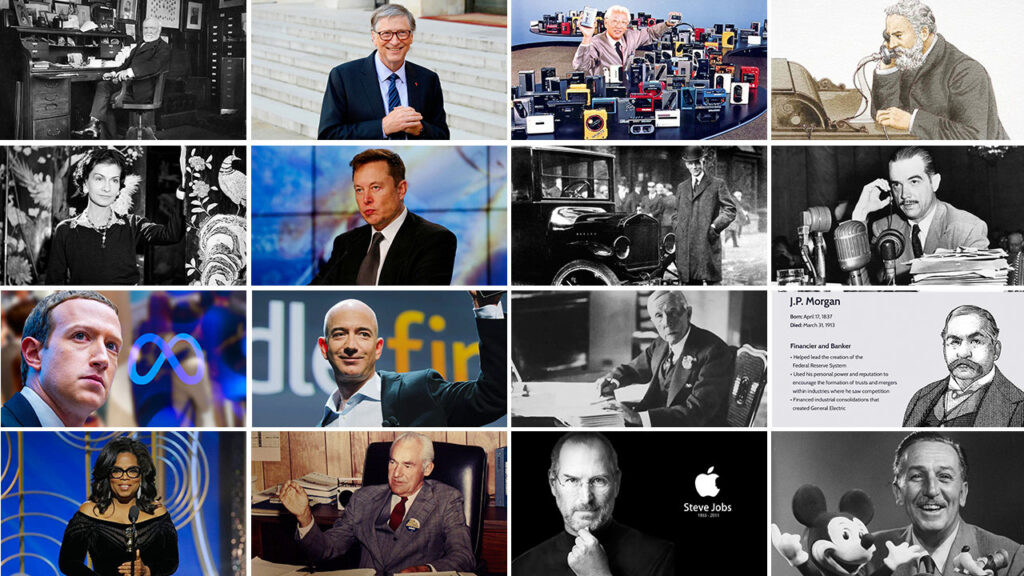
Top 20 greatest entrepreneurs of all time
1. Steve Jobs
Steve Jobs was a highly successful entrepreneur who co-founded Apple Inc. and helped to revolutionize the personal computer industry. He was known for his innovative thinking, attention to design, and relentless pursuit of perfection.
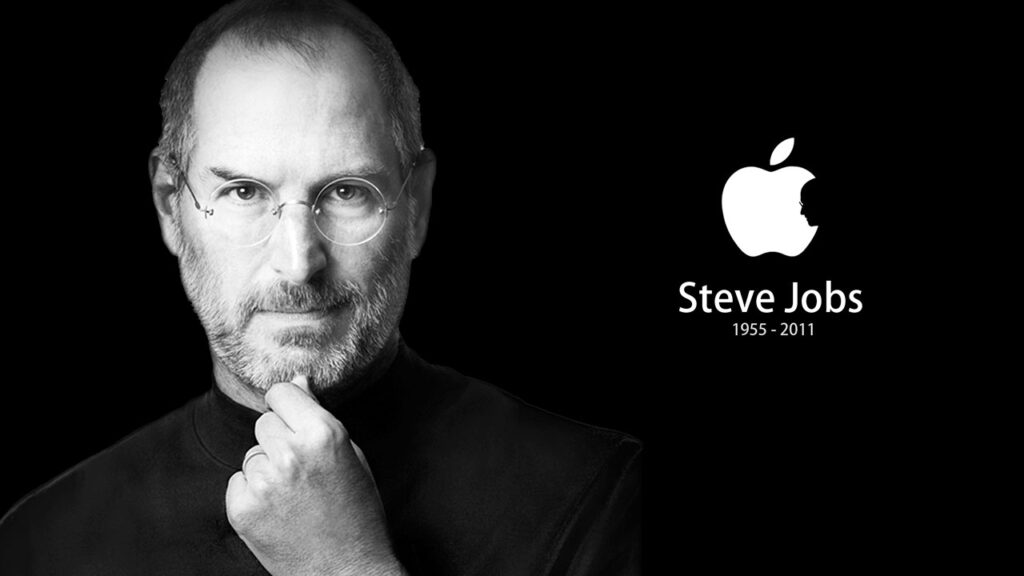
Jobs was a charismatic leader who was able to inspire his team to create groundbreaking products such as the Macintosh computer, the iPod, the iPhone, and the iPad. He was also known for his ability to anticipate and create new markets, such as the market for digital music players and the market for tablet computers.
However, Jobs was also known for his sometimes-abrasive personality and his However, Jobs’ management style was often described as demanding and difficult, and he could be harsh and critical of his employees. He also faced criticism for his personal behavior, including his treatment of others and his refusal to acknowledge paternity of his daughter for several years.
Despite his flaws, Steve Jobs’ legacy as an entrepreneur and innovator is hard to deny. His influence is still felt today in the products that Apple and other companies continue to create, and his focus on simplicity, elegance, and user experience has set a high bar for design in the tech industry.
2. Henry Ford
Henry Ford was an American industrialist and entrepreneur who revolutionized the automobile industry and paved the way for modern manufacturing techniques. He founded the Ford Motor Company and is credited with developing the assembly line process of mass production.
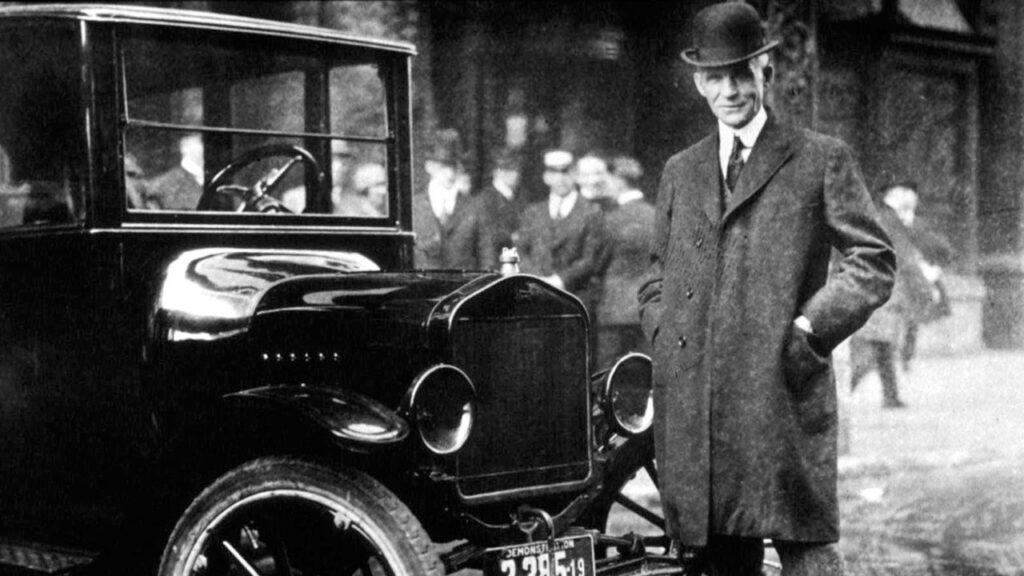
Ford’s vision was to create affordable, reliable automobiles that could be produced quickly and efficiently. He famously said, “I will build a car for the great multitude. It will be large enough for the family, but small enough for the individual to run and care for. It will be constructed of the best materials, by the best men to be hired, after the simplest designs that modern engineering can devise. But it will be so low in price that no man making a good salary will be unable to own one – and enjoy with his family the blessing of hours of pleasure in God’s great open spaces.”
Ford’s assembly line production methods revolutionized manufacturing, making it possible to produce goods at a much faster rate and for a much lower cost. This made automobiles more affordable for the average person and helped to spur economic growth in the United States.
However, Ford was also known for his controversial views, including his anti-Semitic beliefs, and his attempts to influence the lives of his employees through his Ford Sociological Department.
Overall, Henry Ford’s impact on the automobile industry and on American society as a whole is hard to overstate. His innovations in manufacturing and his commitment to making affordable automobiles helped to shape the modern world.
3. Andrew Carnegie
Andrew Carnegie was a Scottish-American industrialist and entrepreneur who is best known for his leadership in the steel industry. He founded the Carnegie Steel Company, which eventually became the largest and most profitable steel company in the world.
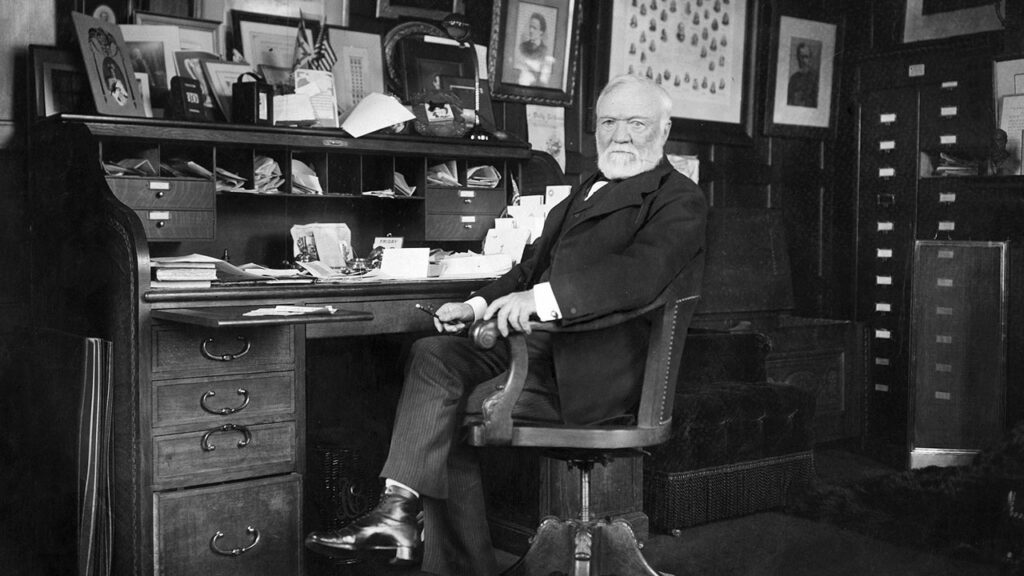
Carnegie was a self-made man who began his career as a telegraph operator and rose to become one of the wealthiest individuals in the world. He was known for his innovative thinking, his commitment to efficiency and productivity, and his philanthropic endeavors.
Carnegie was a strong believer in the idea of the “Gospel of Wealth,” which held that the wealthy had a responsibility to use their resources to benefit society. He gave away much of his wealth to support causes such as education, the arts, and scientific research.
Carnegie was also criticized for his business practices, including his aggressive tactics to eliminate competition and his treatment of workers. He was involved in several labor disputes, including the infamous Homestead Strike of 1892.
Summary, Andrew Carnegie’s impact on the steel industry and on American society as a whole is significant. His innovations in the steel industry helped to fuel the growth of American industry, and his philanthropic efforts helped to create institutions that continue to benefit society today.
4. John D. Rockefeller
John D. Rockefeller was an American industrialist and entrepreneur who made his fortune in the oil industry. He founded the Standard Oil Company, which eventually became the largest and most profitable oil company in the world.
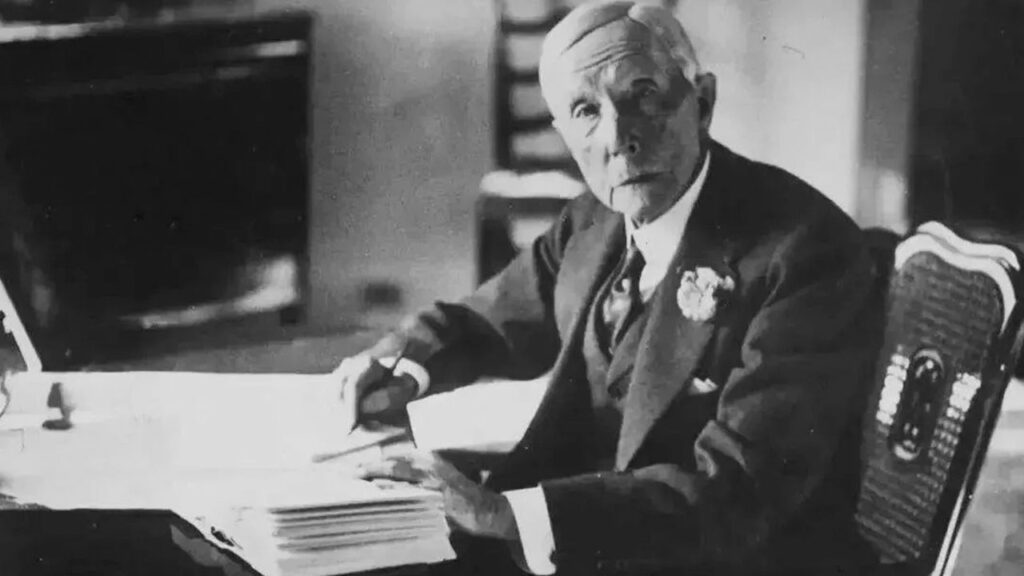
Rockefeller was known for his business acumen, his organizational skills, and his ability to make shrewd investments. He was a pioneer in the oil refining industry and helped to create a vertically integrated company that controlled every aspect of the oil business, from production to transportation to marketing.
Rockefeller’s wealth was immense, and at one point he was estimated to be the richest person in history. However, he was also known for his philanthropic activities, and he gave away much of his fortune to support causes such as education, public health, and scientific research.
Rockefeller was not without his critics, and he was often accused of using his wealth and influence to eliminate competition and gain unfair advantages in business. The Standard Oil Company was eventually broken up by antitrust laws, and Rockefeller’s legacy remains controversial.
John D. Rockefeller’s impact on the oil industry and on American society as a whole is significant. His innovations in the oil business helped to fuel the growth of American industry, and his philanthropic activities helped to create institutions that continue to benefit society.
5. Bill Gates
Bill Gates is an American entrepreneur and software developer who co-founded Microsoft, one of the world’s largest software companies. He is widely regarded as one of the most important figures in the history of the personal computer industry.
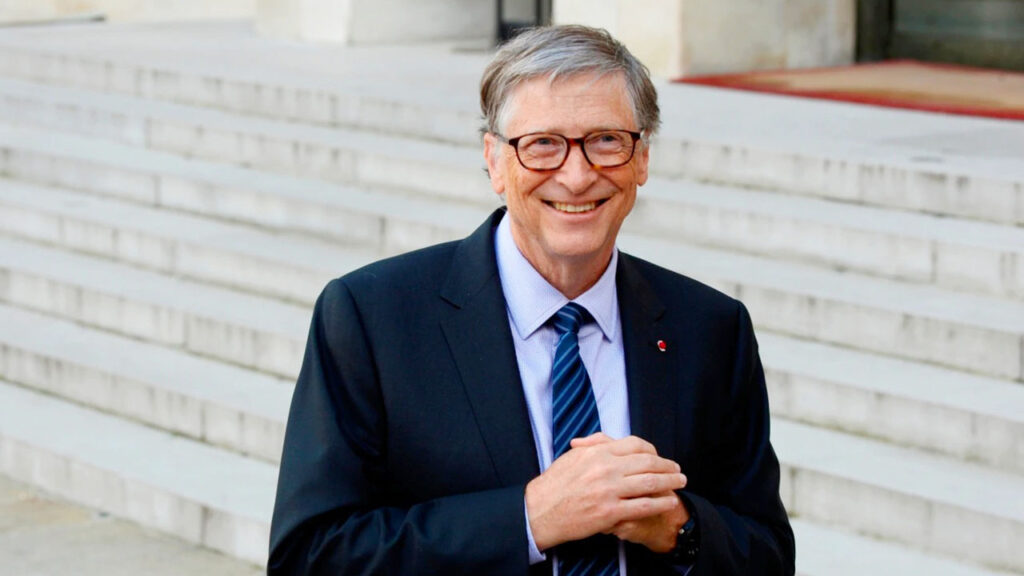
Gates was known for his technical skills, his strategic thinking, and his ability to anticipate the direction of the technology industry. He was instrumental in the development of the personal computer, and his work helped to create a foundation for modern computing.
Gates was also known for his philanthropic activities, particularly through the Bill and Melinda Gates Foundation. The foundation has focused on improving global healthcare, reducing poverty, and increasing access to education.
However, Gates has also faced criticism for his business practices, particularly his aggressive tactics to eliminate competition and his role in Microsoft’s antitrust case. He has also faced criticism for his views on intellectual property and for his investments in controversial technologies.
Bill Gates’ impact on the technology industry and on global philanthropy is significant. His work has helped to create the foundation for modern computing, and his philanthropic efforts have improved the lives of millions of people around the world.
6. Jeff Bezos
Jeff Bezos is an American entrepreneur and businessman who is best known as the founder and CEO of Amazon.com, one of the world’s largest online retailers. He is also the owner of The Washington Post and Blue Origin, a space exploration company.
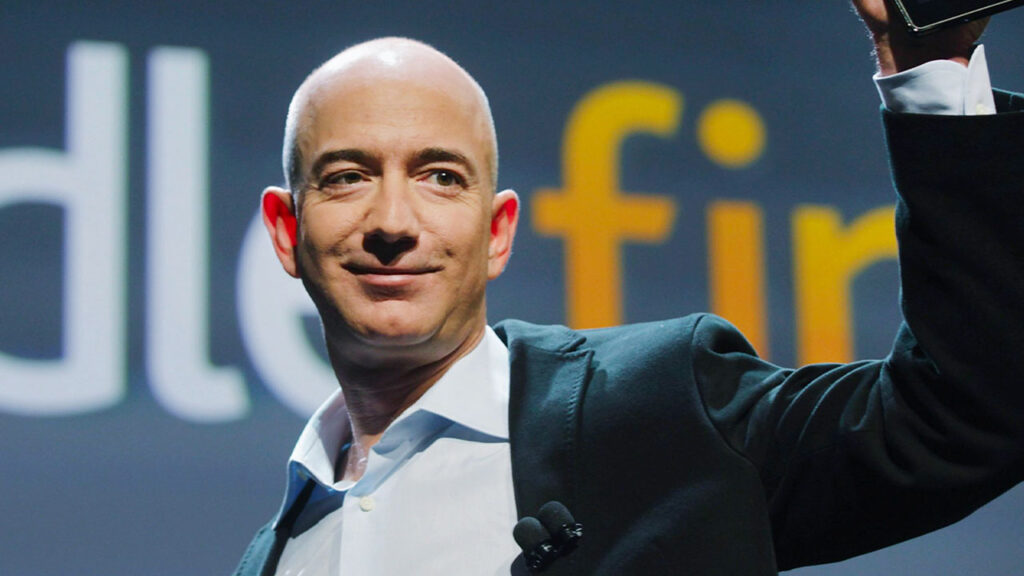
Bezos was known for his strategic thinking, his willingness to take risks, and his focus on customer satisfaction. He transformed the way people shop online and made Amazon a household name by expanding the company’s offerings beyond books and into a wide range of products and services.
Under Bezos’ leadership, Amazon has become one of the most valuable companies in the world, with a market capitalization of over $1 trillion. Bezos has also been known for his long-term thinking, and his willingness to invest in new businesses and technologies, such as Amazon Web Services and the Kindle.
Bezos has also faced criticism for Amazon’s impact on traditional retail businesses and its treatment of workers. He has also been accused of anti-competitive practices and has faced scrutiny over the company’s tax practices.
Jeff Bezos’ impact on the retail industry and on global commerce is significant. His leadership of Amazon has transformed the way people shop, and his focus on long-term growth has helped to create a company with a wide range of businesses and innovations.
7. Thomas Edison
Thomas Edison was an American inventor and entrepreneur who is widely regarded as one of the most important inventors in history. He was a prolific inventor who developed many devices that greatly influenced life around the world, including the phonograph, the motion picture camera, and a long-lasting, practical electric light bulb.
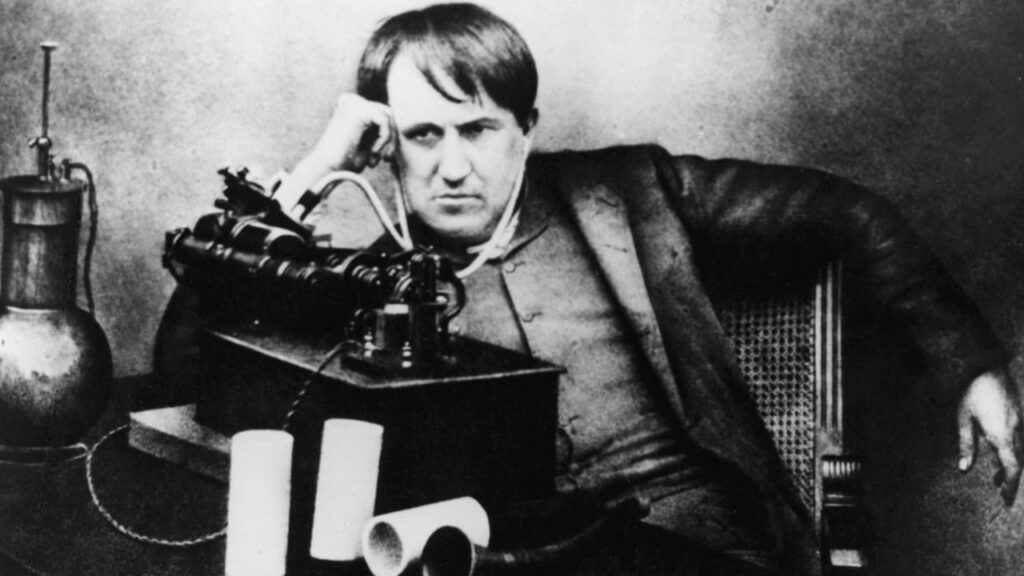
Edison was known for his tenacity, his innovative thinking, and his ability to commercialize his inventions. He established the world’s first industrial research laboratory and employed a team of inventors who worked to develop new technologies and bring them to market.
Edison’s impact on the technology industry and on American society as a whole is significant. His inventions revolutionized communication, entertainment, and industry, and helped to create a foundation for modern life.
Edison was also known for his controversial views on intellectual property and his treatment of his employees. He was involved in several patent disputes and was accused of exploiting his workers and failing to credit his collaborators.
Overall, Thomas Edison’s impact on technology and innovation is immense. His inventions transformed the world and helped to create a foundation for modern society.
8. Walt Disney
Walt Disney was an American entrepreneur, animator, and film producer who is widely regarded as one of the most important figures in the history of animation and entertainment. He co-founded The Walt Disney Company, which has become one of the largest and most influential media companies in the world.
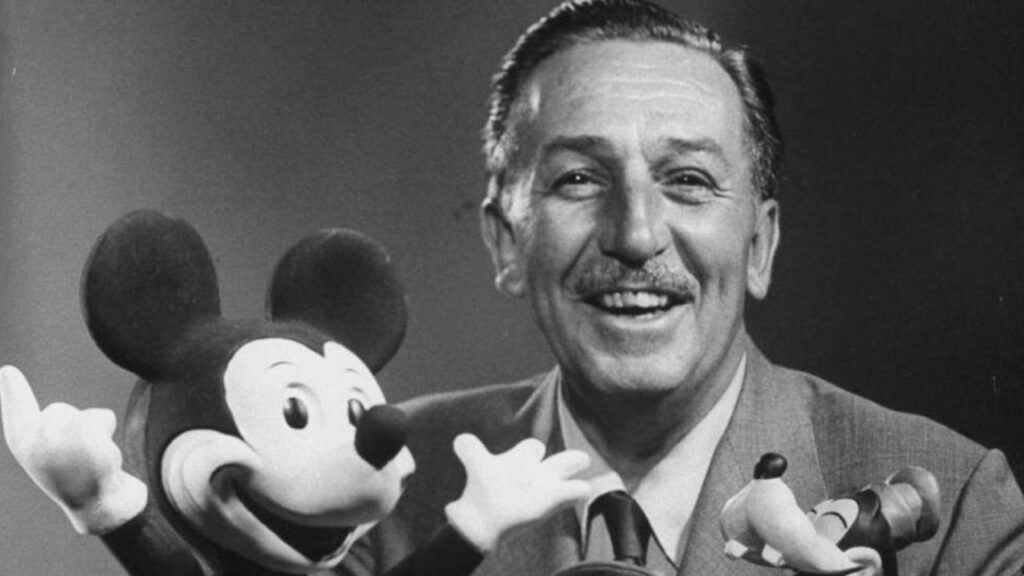
Disney was known for his creativity, his innovation, and his focus on quality. He was a pioneer in the animation industry, and he introduced several groundbreaking techniques that revolutionized animation and brought characters like Mickey Mouse and Donald Duck to life.
Disney’s impact on the entertainment industry and on American culture as a whole is significant. He created several iconic characters and stories that have become a part of popular culture, and his theme parks, such as Disneyland and Disney World, have become some of the most visited attractions in the world.
Disney’s legacy is also complicated, and he has faced criticism for his treatment of workers and for his views on gender and race. He was accused of anti-Semitism and was a controversial figure in his time.
Overall, Walt Disney’s impact on animation and entertainment is immense. His innovations and creativity helped to transform the animation industry, and his legacy continues to shape popular culture today.
9. Richard Branson
Richard Branson is a British entrepreneur, investor, and philanthropist, best known as the founder of the Virgin Group, a conglomerate that includes over 400 companies in various industries. He is known for his adventurous personality, risk-taking, and unconventional approach to business.
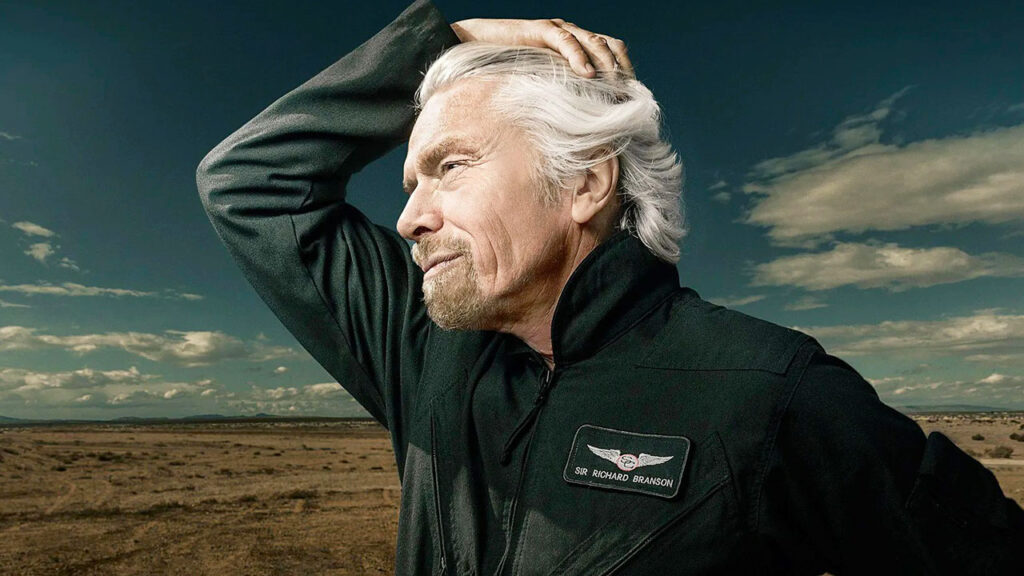
Branson’s impact on the business world and on entrepreneurship is significant. He has demonstrated an ability to identify new opportunities and to create successful businesses in a range of industries, including music, travel, and telecommunications.
Branson has also been known for his philanthropic activities, particularly through the Virgin Unite Foundation, which works to address social and environmental issues around the world.
Branson has also faced criticism for his business practices and for his views on certain social and political issues. He has been accused of underpaying workers and has faced criticism for his investments in industries such as fossil fuels.
Richard Branson’s impact on the business world and on philanthropy is significant. His entrepreneurial spirit and willingness to take risks have led to the creation of successful businesses and have inspired many aspiring entrepreneurs around the world.
10. Oprah Winfrey
Oprah Winfrey is an American media executive, actress, talk show host, television producer, and philanthropist. She is best known for hosting The Oprah Winfrey Show, which became the highest-rated talk show in American television history, and for her media and entertainment empire, including the Oprah Winfrey Network (OWN) and her production company, Harpo Productions.
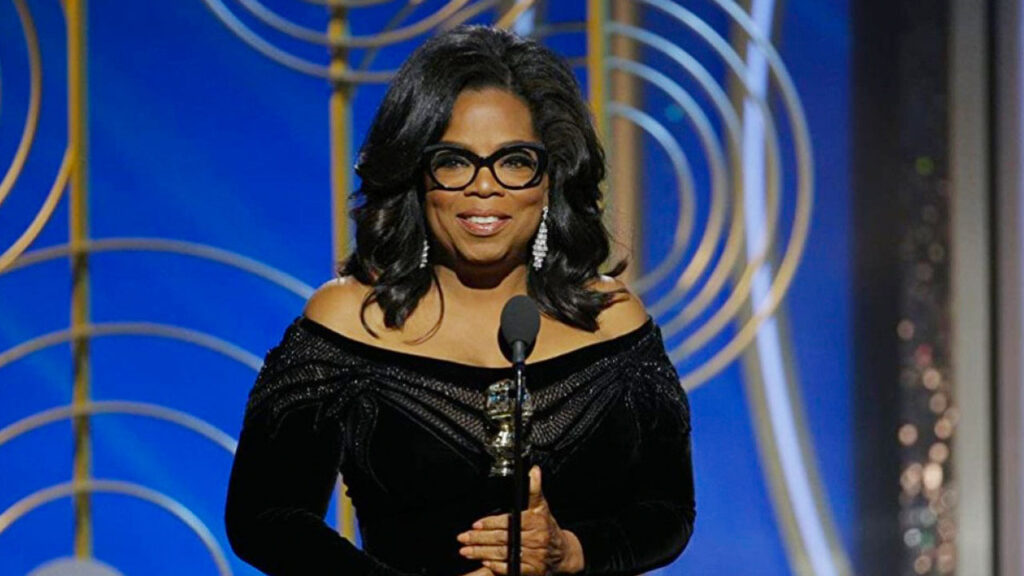
Winfrey’s impact on the media industry and on popular culture is significant. She has been a pioneer for women and African Americans in the media and entertainment industries, and her talk show helped to raise awareness of important social and cultural issues.
In addition to her work in media, Winfrey is also a noted philanthropist, supporting a wide range of charitable causes through the Oprah Winfrey Foundation and the Oprah Winfrey Leadership Academy for Girls.
Winfrey has also faced criticism for some of her business practices, including allegations of plagiarism and trademark infringement in her book club and magazine, and for some of the controversial views expressed by guests on her show.
Oprah Winfrey’s impact on the media industry and on philanthropy is significant. Her work has helped to empower and inspire women and minorities, and her philanthropy has made a positive impact on many communities around the world.
11. Mark Zuckerberg
Mark Zuckerberg is an American technology entrepreneur and co-founder of Facebook, the largest social media platform in the world. He is known for his innovative thinking, his focus on user experience, and his mission to connect people around the world through technology.

Zuckerberg’s impact on the technology industry and on social media is significant. He was a pioneer in the development of social media, and he has been instrumental in shaping the way people communicate and interact online.
Under Zuckerberg’s leadership, Facebook has grown into one of the largest and most valuable companies in the world, with a market capitalization of over $1 trillion. In addition to Facebook, Zuckerberg has also been involved in several other technology projects, including the development of virtual reality technology through Oculus VR.
Zuckerberg has also faced criticism for Facebook’s handling of user data and for its role in the spread of fake news and misinformation. He has been accused of failing to protect user privacy and of not doing enough to address these issues.
Mark Zuckerberg’s impact on the technology industry and on social media is significant. His innovations and leadership have helped to transform the way people communicate and connect, but he has also faced significant criticism for some of his business practices and the impact of his products on society.
12. Elon Musk
Elon Musk is a South African-born American entrepreneur, inventor, and business magnate. He is the founder and CEO of several companies, including SpaceX, Tesla, Neuralink, The Boring Company and Twitter.
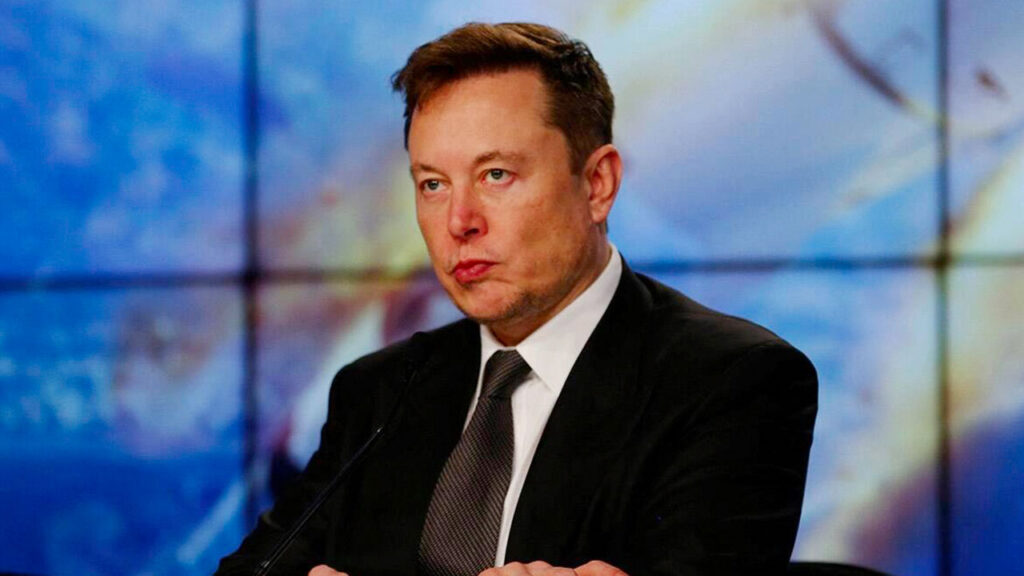
Musk is known for his visionary thinking, his bold and ambitious goals, and his willingness to take risks. He has been instrumental in advancing a wide range of technologies, including electric cars, reusable rockets, and neural interfaces.
Under Musk’s leadership, SpaceX has become a leading force in the space industry, with a mission to enable human exploration and settlement of Mars. Tesla has also been a major disruptor in the automotive industry, with a focus on sustainable transportation and energy.
Musk has also faced criticism for his sometimes-controversial behavior, including his comments on social media and his response to the COVID-19 pandemic. He has been accused of not doing enough to address worker safety at his factories, and of not doing enough to address diversity and inclusion in his companies.
Elon Musk’s impact on the technology industry and on entrepreneurship is significant. His innovative thinking and ambitious goals have helped to advance a wide range of technologies and to inspire a new generation of entrepreneurs. However, he has also faced significant criticism for his business practices and behavior, and his legacy is complex and multifaceted.
13. Coco Chanel
Coco Chanel was a French fashion designer and businesswoman who founded the Chanel brand. She is known for her timeless designs that were both elegant and comfortable, and her innovative approach to fashion that transformed the industry.

Chanel’s impact on the fashion industry is significant. She revolutionized women’s fashion by introducing comfortable and practical clothing that was both stylish and functional. She popularized the use of jersey fabric and the “little black dress,” and she introduced the Chanel suit, which became a symbol of modernity and sophistication.
In addition to her work in fashion, Chanel was also a savvy businesswoman who understood the importance of branding and marketing. She created a powerful and iconic brand that continues to be a symbol of luxury and sophistication.
Chanel has also faced criticism for her personal life, including her collaboration with the Nazi regime during World War II. She has been accused of being anti-Semitic and of benefiting from the persecution of Jews.
Coco Chanel’s impact on the fashion industry and on entrepreneurship is significant. Her innovative designs and approach to fashion helped to transform the industry, and her branding and marketing strategies continue to be studied and emulated by businesspeople around the world.
14. Sam Walton
Sam Walton was an American entrepreneur and businessman who founded Walmart, the world’s largest retailer. He is known for his innovative ideas and his commitment to providing low prices and high-quality products to customers.
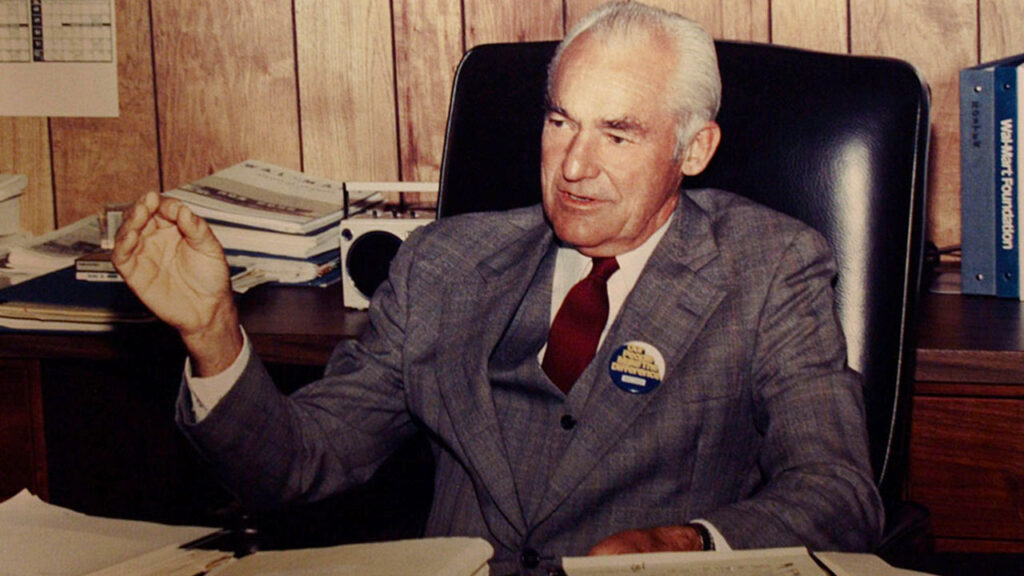
Walton’s impact on the retail industry is significant. He pioneered the concept of discount stores and developed a sophisticated logistics and supply chain system that helped Walmart to become one of the most efficient and profitable companies in the world.
Under Walton’s leadership, Walmart grew from a single store in Arkansas to a global retail giant with over 11,000 stores in 27 countries. He was also a strong advocate for employee training and development, and he encouraged his associates to take ownership of the business and to focus on the needs of customers.
Walmart has also faced criticism for its impact on small businesses, its treatment of employees, and its environmental practices. The company has been accused of driving small businesses out of business, of paying low wages and providing poor working conditions, and of contributing to climate change through its extensive use of fossil fuels.
Sam Walton’s impact on the retail industry and on entrepreneurship is significant. His innovative ideas and commitment to customer service helped to transform the retail industry, and his legacy continues to be felt around the world.
15. Ray Kroc
Ray Kroc was an American entrepreneur who is best known for transforming McDonald’s into a global fast-food empire. He is known for his innovative ideas and his commitment to quality and efficiency.
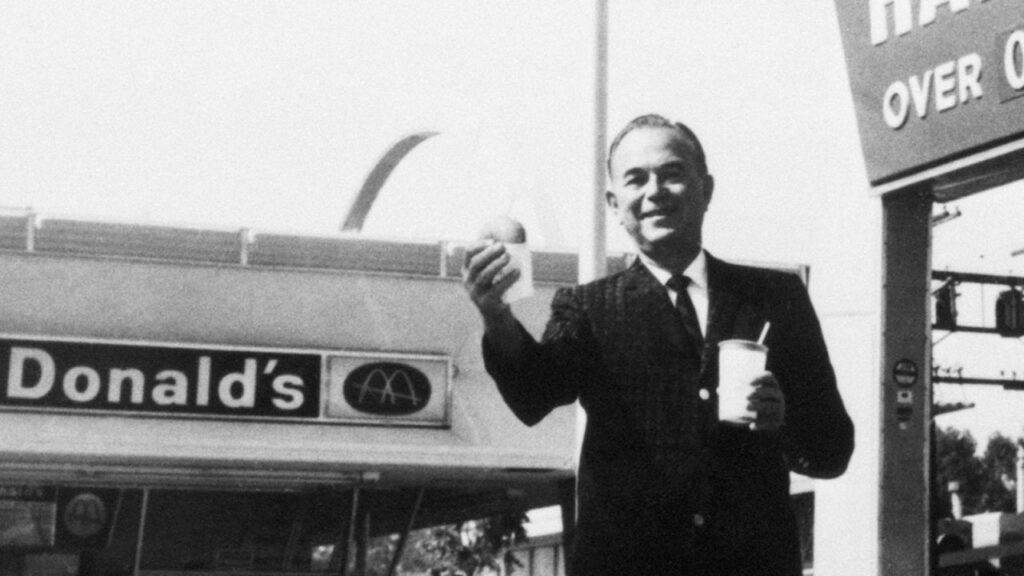
Kroc’s impact on the fast-food industry is significant. He saw the potential in the McDonald’s model and was instrumental in transforming the small chain of California hamburger stands into a global fast-food empire. He introduced new technologies and systems that helped to streamline operations and improve efficiency, and he emphasized the importance of customer service and quality.
Under Kroc’s leadership, McDonald’s grew from a handful of locations in the United States to a global chain with over 38,000 locations in more than 100 countries. He was also a strong advocate for franchising, and he helped to create a business model that allowed individuals to own and operate their own McDonald’s restaurants.
McDonald’s has also faced criticism for its impact on public health, its treatment of workers, and its environmental practices. The company has been accused of contributing to the obesity epidemic through its high-calorie, low-nutrition menu, of paying low wages and providing poor working conditions, and of contributing to environmental degradation through its use of disposable packaging and dependence on factory farming.
Ray Kroc’s impact on the fast-food industry and on entrepreneurship is significant. His innovative ideas and commitment to quality and efficiency helped to transform the industry, and his legacy continues to be felt around the world.
16. Alexander Graham Bell
Alexander Graham Bell was a Scottish-born inventor, scientist, and entrepreneur who is best known for inventing the telephone. He is known for his innovative ideas and his commitment to scientific research and development.
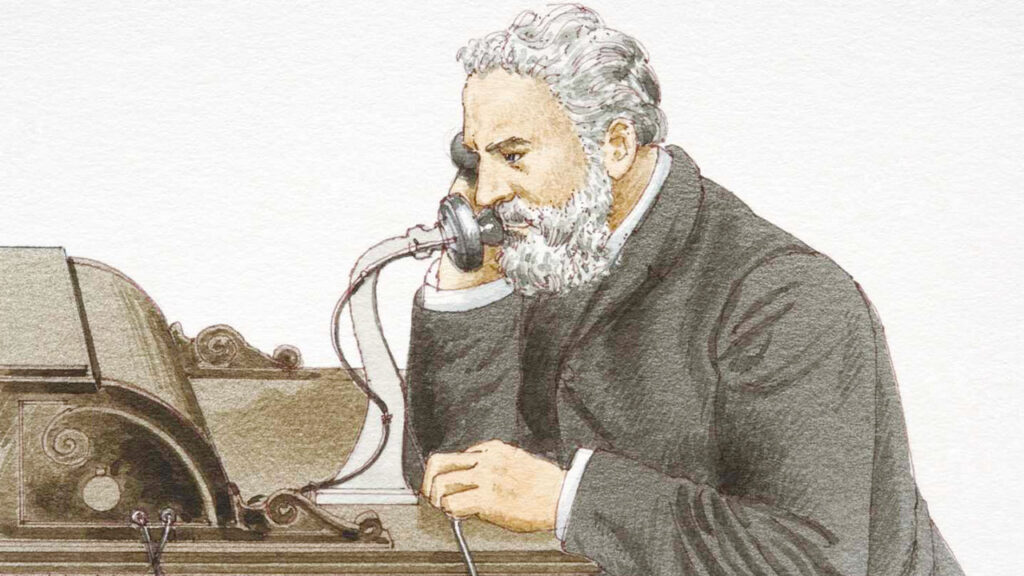
Bell’s impact on the telecommunications industry is significant. He invented the telephone in 1876 and was instrumental in the development of the first long-distance telephone service. He also made significant contributions to the fields of acoustics, aeronautics, and optical telecommunications, and he was awarded numerous patents throughout his career.
Bell was also a committed entrepreneur who founded the Bell Telephone Company, which eventually became AT&T, one of the largest telecommunications companies in the world. He was a strong advocate for the development of new technologies and for the importance of communication in modern society.
Bell’s legacy is complex and has been marred by controversy. He has been criticized for his role in the treatment of Indigenous communities in Canada, and he has been accused of appropriating the work of other inventors and scientists.
Alexander Graham Bell’s impact on the telecommunications industry and on entrepreneurship is significant. His innovative ideas and commitment to scientific research helped to transform the industry, and his legacy continues to be felt around the world. However, his personal and professional practices have faced significant criticism, and the impact of his work on society is complex and multifaceted.
17. Warren Buffett
Warren Buffett is an American investor, business magnate, and philanthropist who is considered one of the most successful investors in history. He is known for his value investing approach, which involves buying stocks in companies that he believes are undervalued, and his long-term perspective on investing.
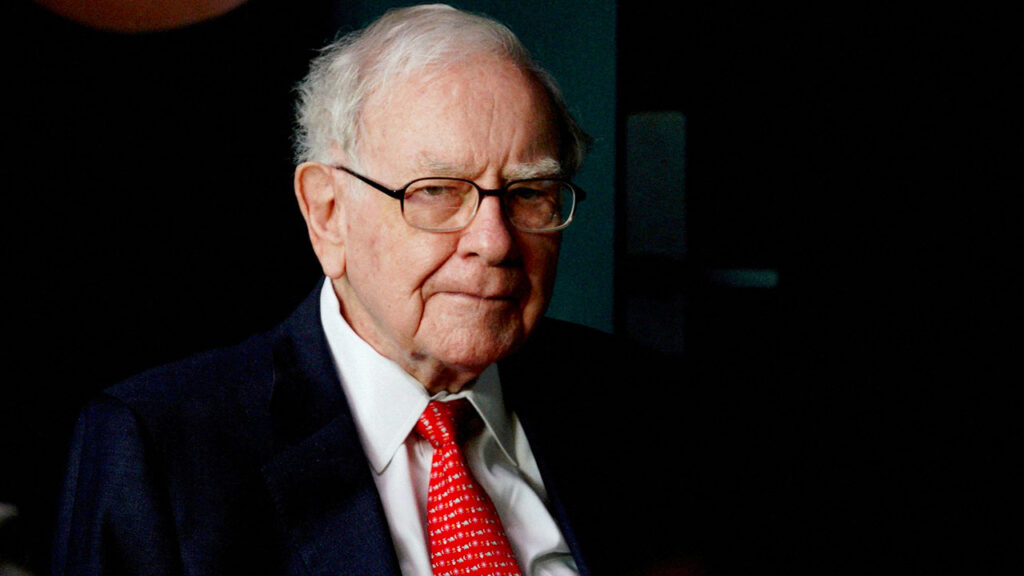
Buffett’s impact on the finance and investment industry is significant. He is the chairman and CEO of Berkshire Hathaway, a multinational conglomerate holding company, and has built his fortune through his savvy investments in a wide range of companies, including Coca-Cola, American Express, and Geico.
Buffett is also known for his philanthropic efforts, and he has pledged to give away the vast majority of his wealth to charitable causes. He has supported a wide range of causes, including education, public health, and poverty alleviation.
Buffett’s personal and professional practices have not been without controversy. He has faced criticism for his investments in companies that have been accused of human rights violations and environmental damage, and he has been accused of exploiting tax loopholes and insider trading.
Warren Buffett’s impact on the finance and investment industry and on philanthropy is significant. His value investing approach and long-term perspective have helped to transform the industry, and his philanthropic efforts have made a significant impact on society.
18. J.P. Morgan
J.P. Morgan, also known as John Pierpont Morgan, was an American financier and banker who played a significant role in the development of the US economy in the late 19th and early 20th centuries. He is known for his dominant position in the banking industry and for his role in several key business deals and financial crises of the time.
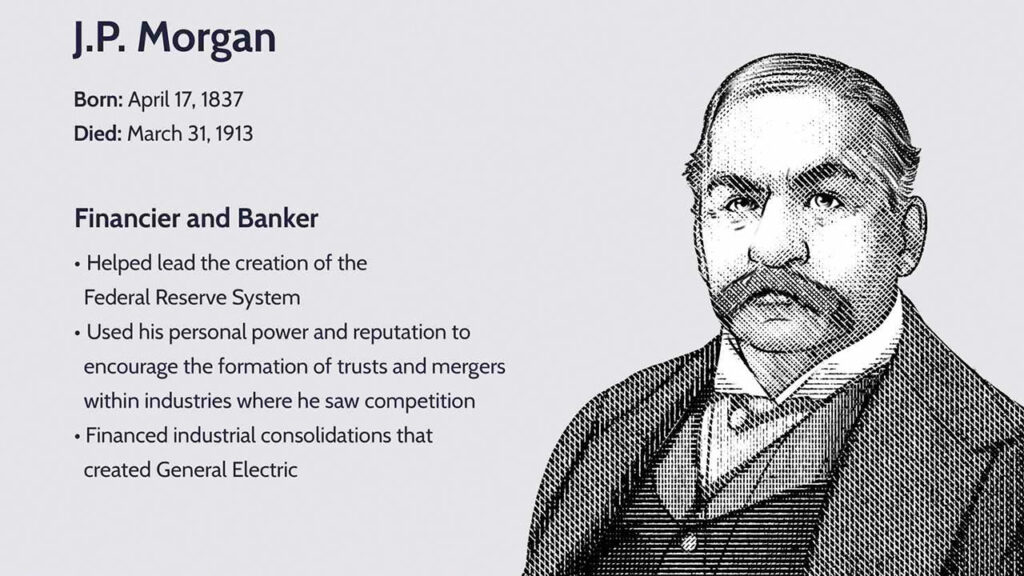
Morgan’s impact on the banking and finance industry is significant. He founded J.P. Morgan & Co., a leading banking institution that played a key role in financing major corporations and government projects, including the construction of railroads and the acquisition of steel mills. He was also a key player in several mergers and acquisitions, including the creation of US Steel, which at the time was the largest corporation in the world.
Morgan was also a prominent philanthropist and art collector. He donated significant amounts of money to charity and built a significant art collection, which eventually became the core of the collection of the Metropolitan Museum of Art in New York.
Morgan’s practices have faced significant criticism. He has been accused of using his position to monopolize the banking industry and of engaging in unethical business practices. He has also been criticized for his role in the Panic of 1907, a financial crisis that led to widespread economic disruption and unemployment.
J.P. Morgan’s impact on the banking and finance industry and on philanthropy is significant. His position in the banking industry and his role in several key business deals helped to transform the industry, and his philanthropic efforts made a significant impact on society.
19. Akio Morita
Akio Morita was a Japanese businessman and entrepreneur who co-founded Sony Corporation, one of the world’s largest and most successful electronics companies. He is known for his visionary leadership, innovation, and commitment to quality.
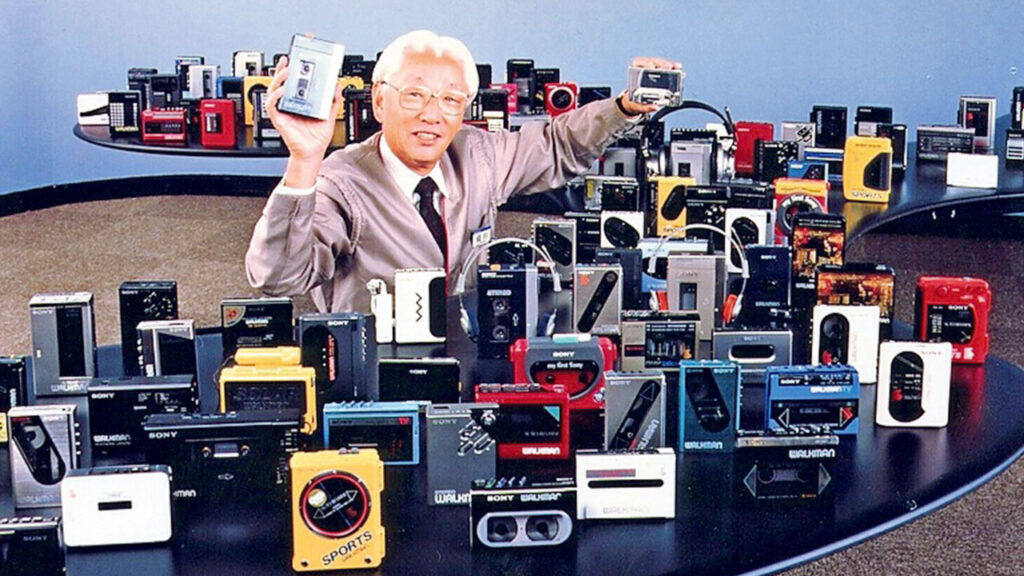
Morita’s impact on the electronics industry is significant. He and his co-founder, Masaru Ibuka, started Sony in 1946 as a small electronics company, and it eventually grew into a multinational corporation with a wide range of products, including televisions, cameras, and video game consoles. Morita was instrumental in developing and marketing the company’s most successful products, including the Walkman and the PlayStation.
Morita was also known for his commitment to innovation and quality. He emphasized the importance of investing in research and development and encouraged his employees to be creative and take risks. He also believed in providing customers with the highest quality products and services.
In addition to his contributions to the electronics industry, Morita was also a philanthropist and advocate for education. He established the Sony Foundation, which supports education and cultural programs, and he served as a member of the International Olympic Committee, where he worked to promote international sportsmanship and peace.
Akio Morita’s impact on the electronics industry and on philanthropy is significant. His leadership and innovation helped to transform the industry, and his commitment to quality and customer service set a high standard for other companies. His philanthropic efforts made a significant impact on society, and his advocacy for education and international sportsmanship continues to inspire people around the world.
20. Howard Hughes
Howard Hughes was an American entrepreneur, investor, aviator, and filmmaker who played a significant role in the development of the aviation and entertainment industries in the 20th century. He is known for his innovative and entrepreneurial spirit, as well as his personal eccentricities and idiosyncrasies.
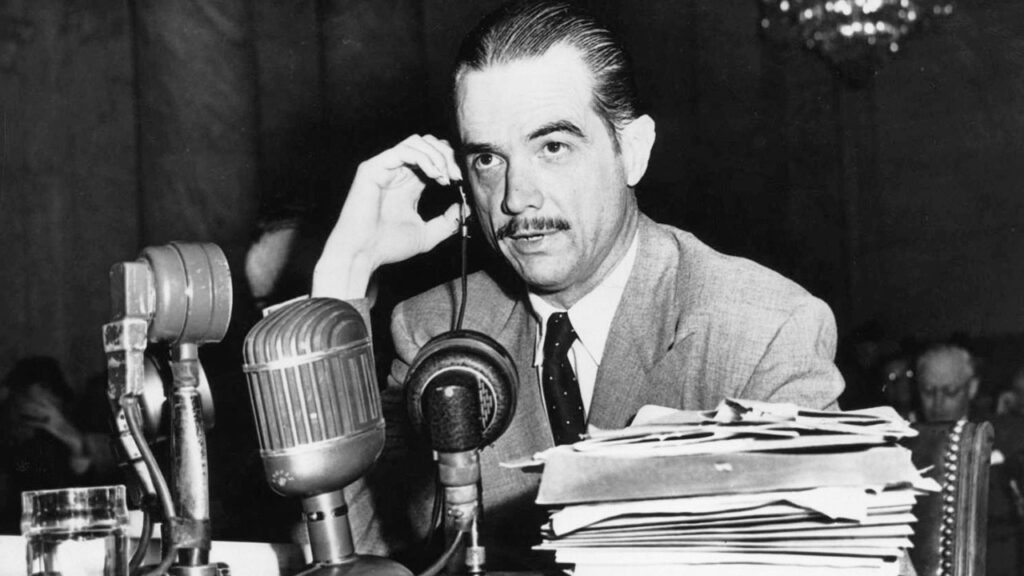
Hughes made significant contributions to the aviation industry, including founding the Hughes Aircraft Company, which played a key role in developing military aircraft during World War II. He also set several aviation records, including the fastest flight around the world and the fastest flight from coast to coast in the United States.
In addition to his contributions to aviation, Hughes was also a prominent figure in the entertainment industry. He produced several successful films, including the Oscar-winning “The Outlaw,” and he was known for his unconventional and ambitious projects, such as the unfinished film “The Conqueror” and the construction of the world’s largest airplane, the “Spruce Goose.”
Hughes was also known for his personal eccentricities and reclusive lifestyle. He suffered from mental health issues and spent much of his later life in seclusion, and his personal life was often the subject of public scrutiny and controversy.
Howard Hughes’ impact on the aviation and entertainment industries is significant. His entrepreneurial spirit and innovative ideas helped to transform these industries, and his contributions to aviation and film production set a high standard for others to follow.


